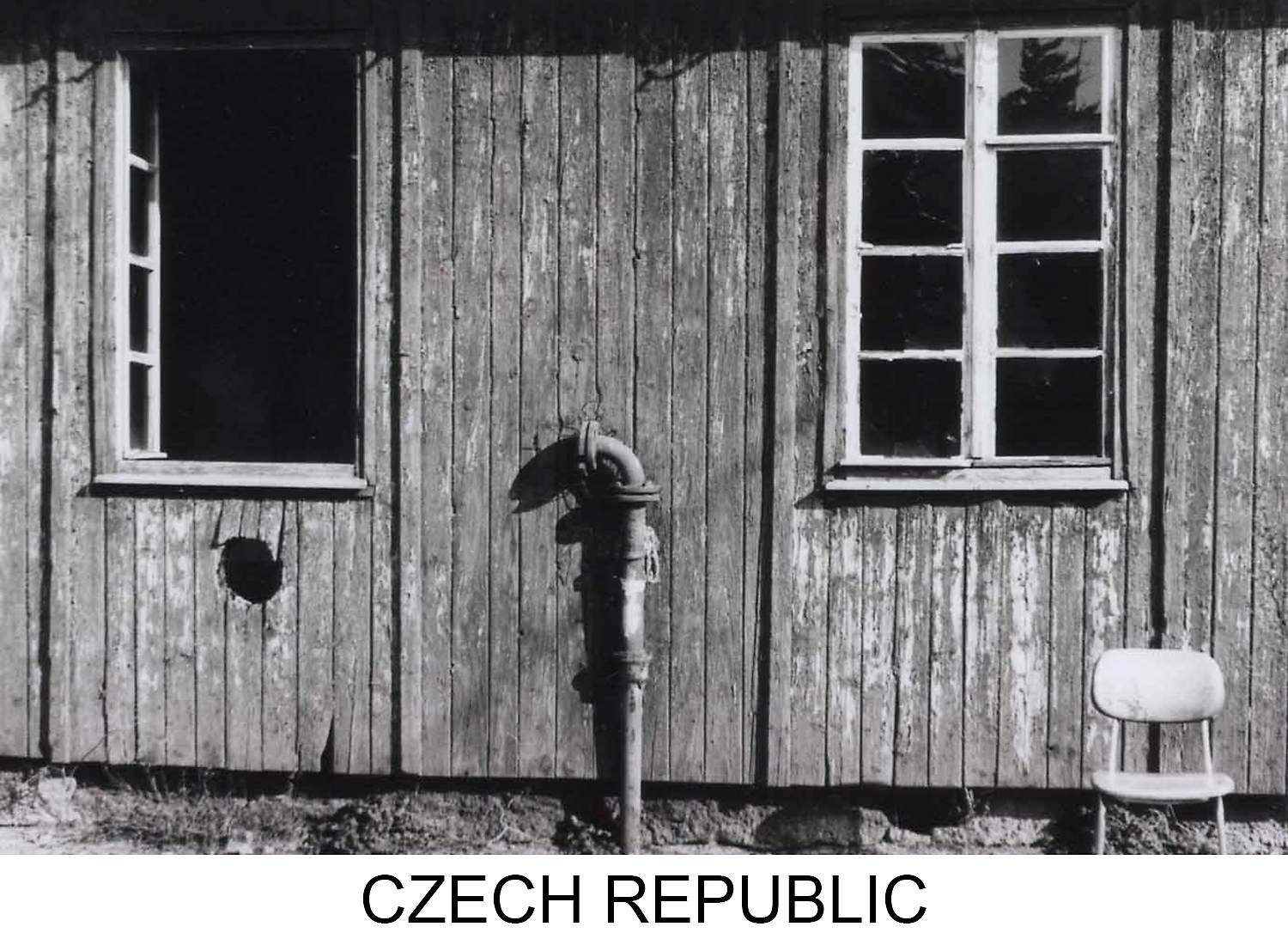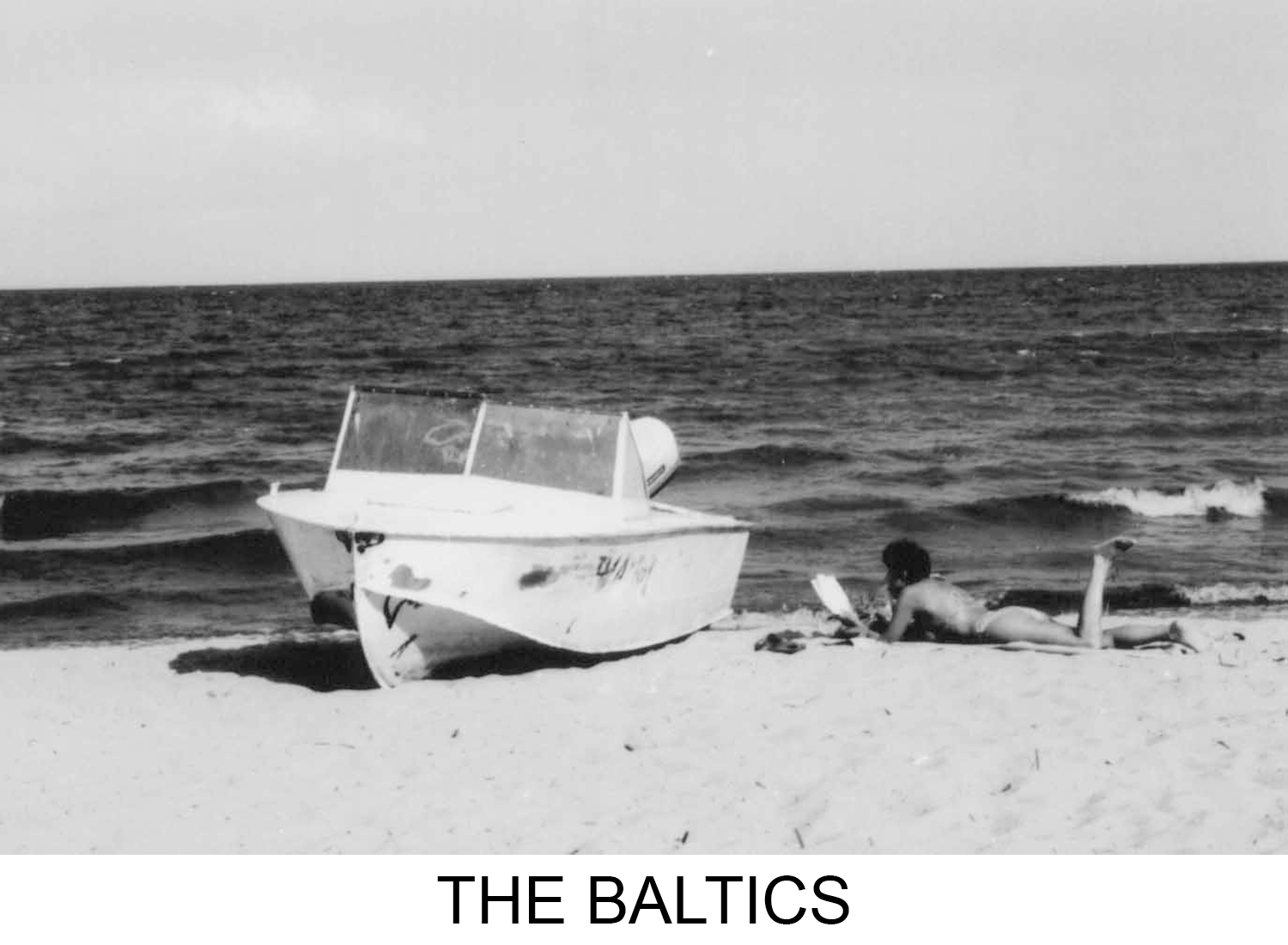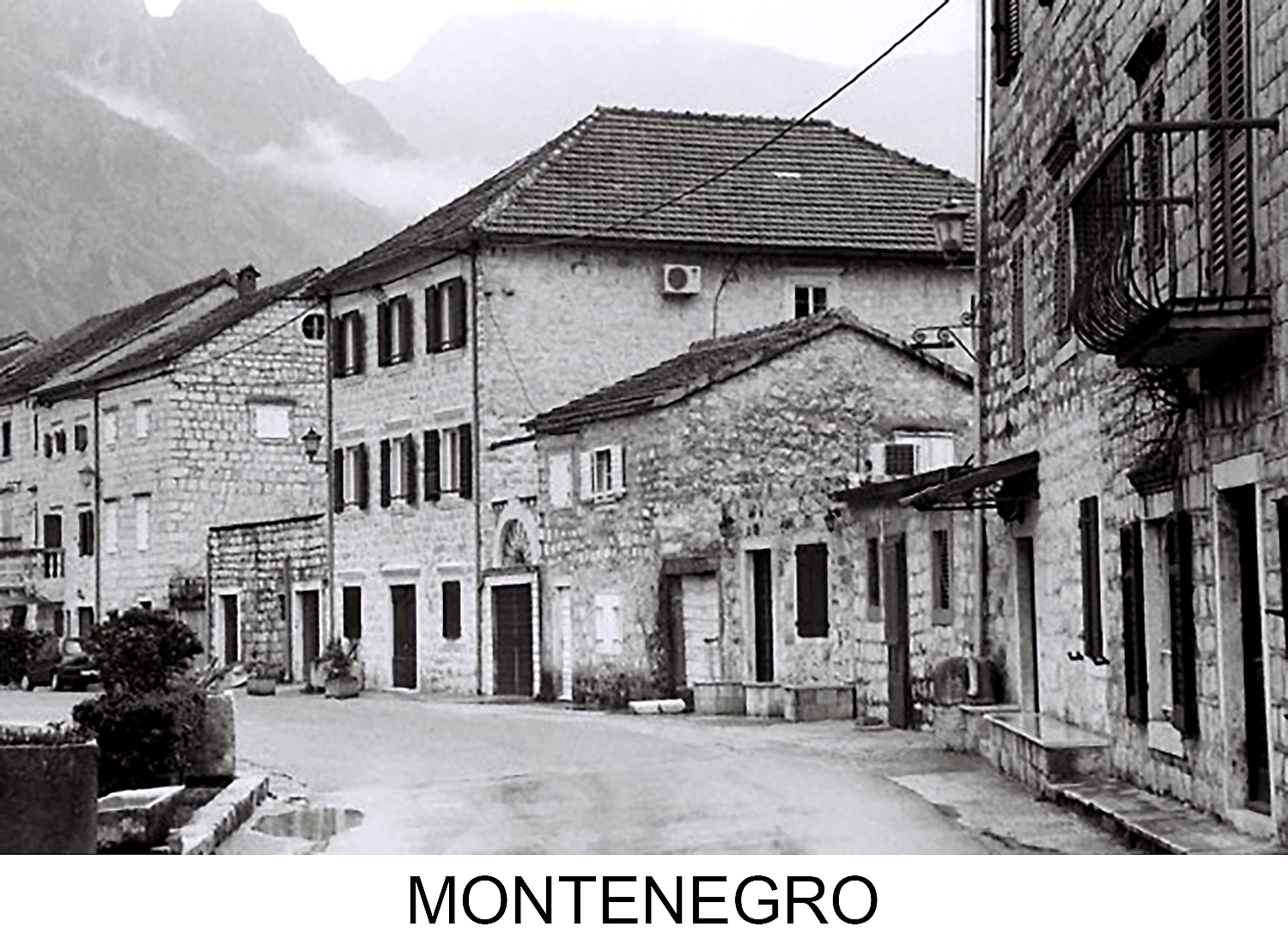|
anita
strasser photography |
| CHANGING
PLACES |
||||
|
Between
2002 and 2009 I was living, working and travelling in these countries,
going from place to place. Taking photographs helps me see and
experience place as using the camera forces me to stop, observe, absorb
and ask questions. There is the argument that we only experience place
through the images we take as the act of photographing stops us from
experiencing place. It is the representations of place that become our
experience of place rather than the place itself. This might be true
where visitors rush through place to record their routes and capture as
many sights as possible. In my case, however, the purpose is to linger
and get a sense of place. The camera slows me down, it forces me to
look closer, to stop and think. It creates encounters, not only with
place but also with people. Openly lingering in place with a camera,
sitting on a bench, leaning against a wall, walking back and forth,
inspecting details, raises the curiosity of some people. They start
talking to me which then allows me to ask questions, about them, about
place, about history, about politics. My memories and knowledge of
those places are mostly shaped by the stories I have heard during those
encounters. Some encounters were brief, others led to drives through
the countryside, guided walks, meeting family members, staying
overnight and talking over homemade food. Spending time with these
people and listening to their stories informed the images I took. The
images have meaning for me but also for the people I spoke to. They are
reminders of these encounters, the people and their stories, helping me
remember each person I spoke to and the kindness they offered me.
When I was there, these countries were changing vastly. The Czech Republic and the Baltic States were on the cusp of joining the EU, Montenegro had not long declared independence. In the Czech Republic, memories of the Communist regime, Soviet control and the Velvet Revolution were still fresh. In the Baltic States it was the Human Chain or the Singing Revolution that dismantled the Soviet regime which were part of everyone’s story. In Montenegro, some people I met did not have passports or recognised citizenship as the union between Serbia and Montenegro had complicated their status as either Serbian or Montenegrin citizens. People were caught between the past and the future, giving off a sense of being unsettled in the present. Each time I visited, I noticed change, sometimes only within a few months. Roads were being built, historic city centres became hubs for consumption, international chains replaced local firms/services, hotels were constructed. Towns were being prepared for international tourism. That’s why I called this series Changing Places. |
||||


